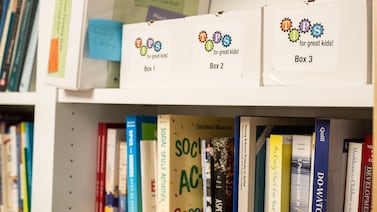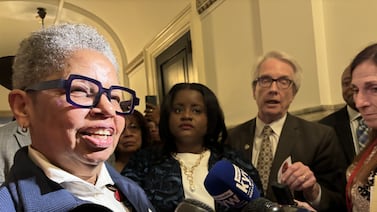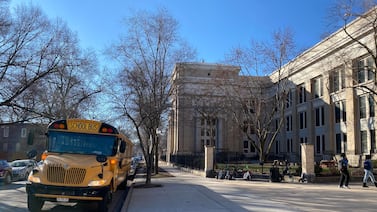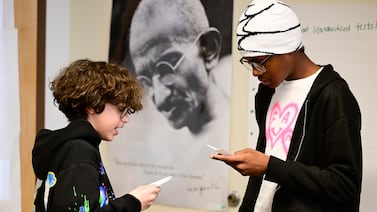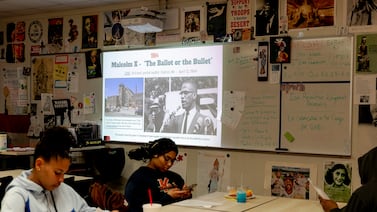Engineering students from low-income families at the University of Colorado Boulder will be able to earn their degrees for free under an expansion of the school’s CU Promise program.
It’s the first time the university has created a free college program specific to one field. Lattice Scholars is propped up by a donation from local engineering firm Campos EPC and provides financial and academic support to low-income Colorado students who are the first to go to college in their family.
The program is significant because students from low-income backgrounds are underrepresented in STEM fields, and STEM degrees often lead to the kind of high-paying jobs that can change the economic trajectory of entire families.
The program provides free tuition to first-generation Colorado students whose families make less than $65,000 a year. Students don’t need to apply. Instead, the school identifies eligible full-time students through the Free Application for Federal Student Aid, or FAFSA.
Keith Molenaar, dean of the university’s College of Engineering and Applied Science, said the donation shows how business leaders can help more Coloradans from backgrounds that are less represented at CU Boulder and colleges across the state realize their dreams of higher education.
“We’ve shown we can do it,” Molenaar said. “We’re really looking forward to having other schools and colleges try to expand this across the university.”
This year, the school doubled the number of students who can qualify for the CU Promise program, which now serves about 3,500 students.
In a news release, school leaders said the expansion happened through donations and a new law this year that allows the school to enroll more out-of-state students who pay higher tuition if it provides more aid to Colorado students.
The Lattice Scholars program, however, is the first within a specific program and the first sustained by a major donation.
About 65 students this year are part of the Lattice Scholars program. Those students also get academic and advising support to help them finish college.
Mindy Zarske, an integrated design engineering teaching professor, said students learn about financial wellness, academic skills, and life after they leave the dorms. Students also get to connect with other scholars, which helps them form a network they can rely on, she said.
Zarske said it’s important to not only remove financial barriers for first-generation students, but help them get comfortable with navigating college life. That helps scholars “feel more empowered,” she said. Faculty and staff also learn how to better help students when money isn’t an issue.
“Are they able to focus better if we provide them with support? How does that help them persist? This is their dream and we want to get them there,” she said.
Marco Campos, whose foundation and engineering business Campos EPC donated to make the Lattice program happen, said it’s important for him to give back to diverse students who want to go into engineering. Campos graduated from CU Boulder’s engineering school as a low-income, first-generation student, so helping others with similar backgrounds is a mission of his.
He also said helping diverse students allows his company to find employees with different life experiences. He hopes other business leaders see the value in helping students.
“It’s just doing the right thing,” Campos said. “My hope is that this platform will serve as a big enough sounding board for one or two other companies, whatever it is, to get motivated.”
Jason Gonzales is a reporter covering higher education and the Colorado legislature. Chalkbeat Colorado partners with Open Campus on higher education coverage. Contact Jason at jgonzales@chalkbeat.org.



